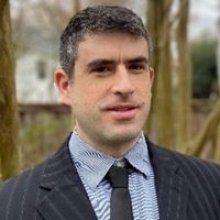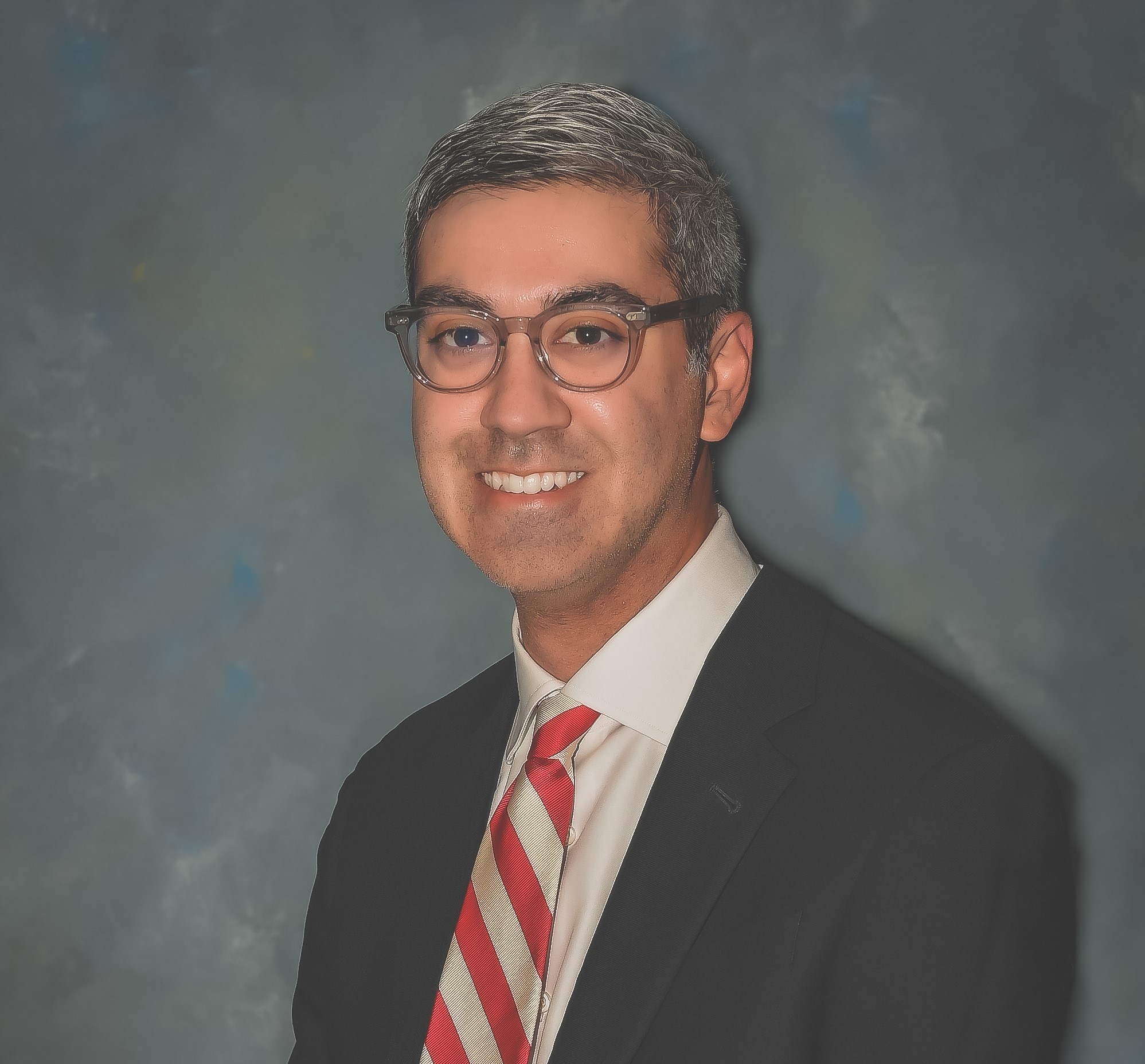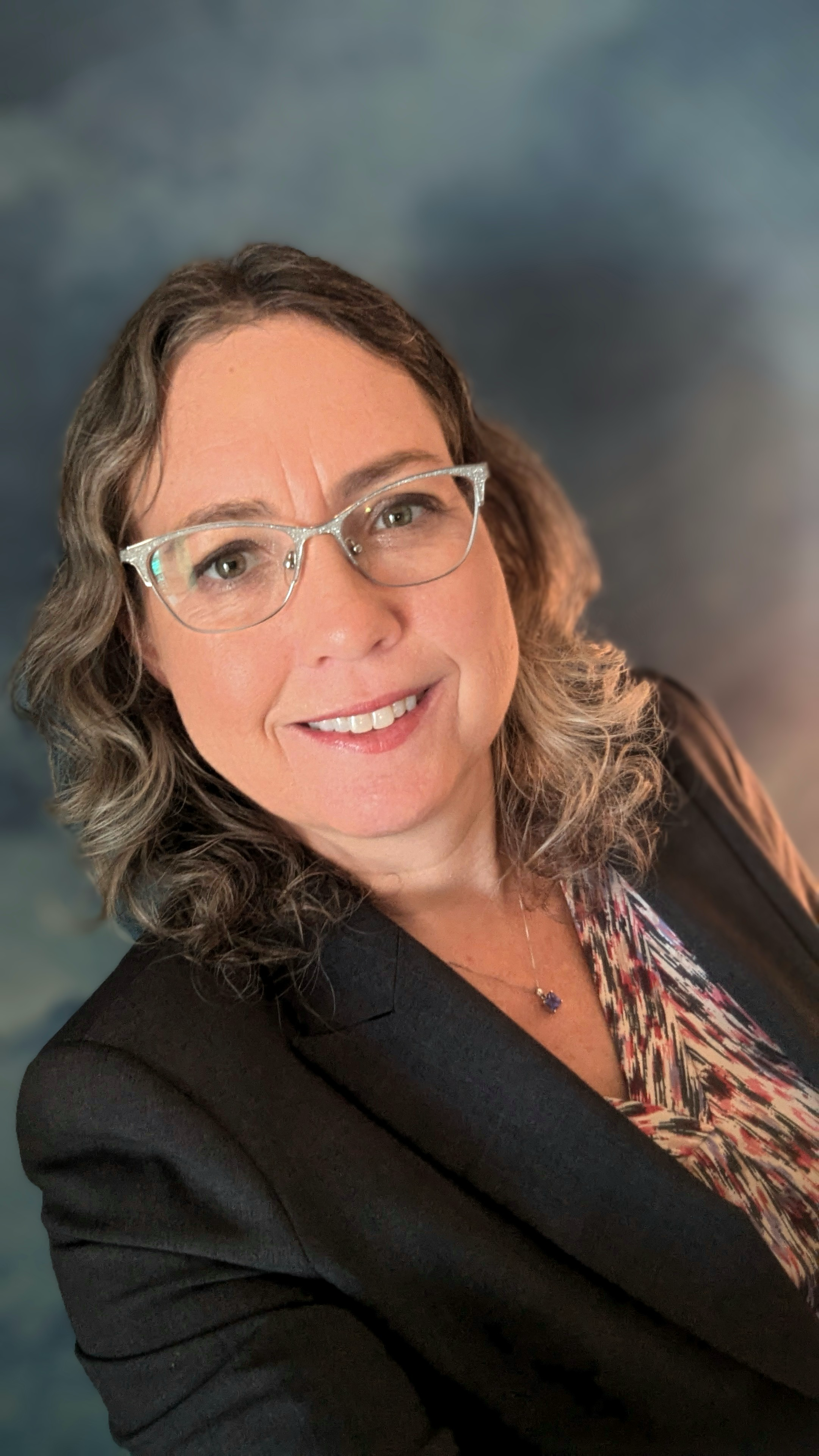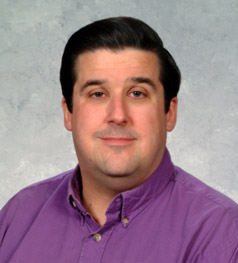Welcome

Robert Natelson, Bioenergy Technology Office
Dr. Robert Natelson is a technology manager for the Bioenergy Technologies Office (BETO) at the U.S. Department of Energy (DOE). Working out of DOE Headquarters in Washington, D.C., Robert is responsible for a number of academic and industry projects within BETO’s Systems Development and Integration subprogram. His portfolio focuses primarily on scaling up and integrating thermal, catalytic, and solvent technologies for generating biofuels and bioproducts from agricultural residues, forestry residues, and organic wastes. Robert also represents BETO in groups created under the Executive Order on Advancing Biotechnology and Biomanufacturing Innovation for a Sustainable, Safe, and Secure American Bioeconomy, the U.S. National Blueprint for Transportation Decarbonization, and the Materials Genome Initiative. Prior to DOE, Robert conducted postdoctoral work in biofuels research and development at North Carolina State University. He received a doctorate in mechanical engineering from Drexel University for work on alternative jet fuel combustion and a bachelor’s degree in mechanical engineering from Case Western Reserve University.
Key Note

Aalo Gupta, Phillips 66
Aalo Gupta is a Fellow at Phillips 66. Over the past 15 years at Phillips 66, Aalo has held a variety of positions including the Manager of Research & Development, Director of Future & Renewable Fuels, and Director of Emerging Technology and has worked in areas including refining, advanced fuels, energy storage, low carbon hydrogen, robotics, and biofuels. In his current role he supports Phillips 66 senior leadership in derisking strategic initiatives with respect to new technology deployment with a focus on the energy transition. Aalo graduated from the University of Minnesota where he received a Ph.D. and M.Sc. in Chemistry and Indiana University where he received a B.S. in Biochemistry.
Plenary 1: Feedstocks 101

Ling Tao, National Renewable Energy Laboratory
Ling holds a PhD in Chemical Engineering. After spending several years in petrochemical industry, she joined NREL in 2008. Ling has extensive experience in detailed economic, strategic, and engineering analysis on a wide array of carbon conversion processes.
Plenary 2: Scaling Renewable Fuels Through Technology

Michelle Young, Chevron
Dr. Michelle Young is the Renewables Program Manager for the Chevron Technical Center. In this role, she manages a portfolio of internal and external R&D projects, including projects with universities and the National Labs. She has worked on a variety of biomass feedstock and processing options to produce all types of renewable fuels, with a recent focus on SAF and renewable gasoline. Outside of R&D, she also supports the enterprise on renewables projects and strategy, lower carbon initiatives, and emerging technology opportunities. Dr. Young has 15 years of Chevron experience in the renewables space spanning the entire scale-up journey: from bench-scale R&D to pilot design and operation, followed by demonstration, and finally the successful refinery integration/commercialization of both co-processing and stand-alone renewable diesel production. Michelle has a Ph.D. in Chemical Engineering from the Georgia Institute of Technology.
Plenary 3: Leveraging Refineries for Renewable Fuels Production

Paul Bryan, Independent Consultant
Dr. Paul F. Bryan is an Independent Consultant specializing in the field of renewable fuels and chemicals. He is a chemical engineer (BS – Penn State / PhD – UC Berkeley / Post-Doc – Mines ParisTech) who has previously worked for nearly 20 years in industry (Chevron & Union Carbide (1989 – 2010), served as Director of the Biomass Office (now called “BETO”) at the U.S. DOE (2010-12), served as a Senior Scientist and Biofuels Program Manager at Sandia National Laboratories (2018-2020), and taught Chemical Engineering at the Colorado School of Mines, MIT, UC-Berkeley, and UC-Riverside. His technical specialties include Biofuels and Bio-derived Products, Separations Technology, Thermodynamics, and Process Research, Development & Commercialization. A recurring focus of his work has been Industry / University / Government collaborative R&D, working at various times in all three sectors, where he has managed >$1.5 billion of sponsored I/U/G projects.